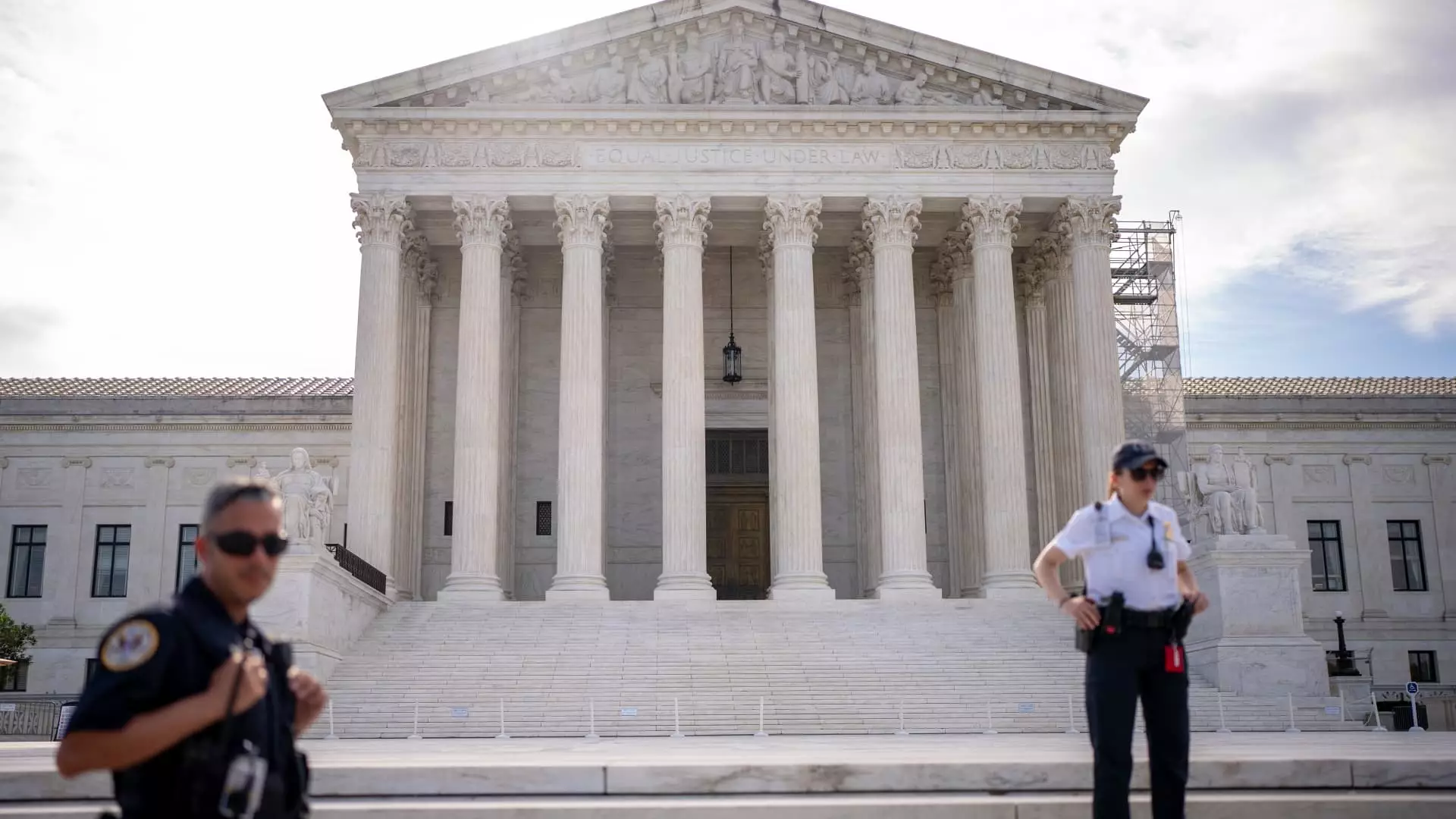The recent decision by the Supreme Court in the case of Moore v. United States has brought attention to the issue of federal taxes on certain foreign investments. The case involved a Washington state couple who faced a tax challenge on income they received from an investment in an India-based company that did not distribute dividends. This led to roughly $15,000 in taxes due to the “mandatory repatriation tax,” which was a one-time levy imposed on earnings and profits in foreign entities as part of the Republicans’ 2017 tax overhaul to fund other tax breaks.
While the Supreme Court upheld the tax on the Moores, the decision raised questions about the constitutionality of a wealth tax. Some experts believed that this case could have implications for future wealth tax proposals, which have suggested taxing “unrealized gains” or profitable assets that have not been sold. However, the justices avoided the larger debate on the constitutionality of a wealth tax, emphasizing the limited scope of their opinion to the specific circumstances of the Moore case.
According to University of Chicago Law School professor Aziz Huq, there are powerful constitutional arguments both for and against a wealth tax, despite the narrow focus of the Supreme Court’s decision in the Moore case. Huq described the wealth tax debate as a “stalking horse” for deeper issues surrounding taxation and income realization. Although the Supreme Court did not provide a definitive ruling on the constitutionality of a wealth tax, the case has sparked discussions about the potential implications for future tax legislation.
Some experts have expressed concerns about the implications of the Moore case for domestic stockholders who may face similar tax challenges related to income from corporations that do not issue dividends. The opinion did not specifically address whether income realization is required for taxation, leaving some ambiguity in its implications. Tax attorney Don Susswein noted that the Supreme Court decision did not provide clear guidance on this issue, suggesting that further clarity may be needed in future cases.
While the Supreme Court’s decision in the Moore v. United States case addressed specific tax challenges related to foreign investments, it has also raised broader questions about the constitutionality of a wealth tax. The ongoing debate surrounding wealth taxation and income realization highlights the complex nature of tax policy and the need for careful consideration of the implications of legal decisions on future tax legislation.


Leave a Reply